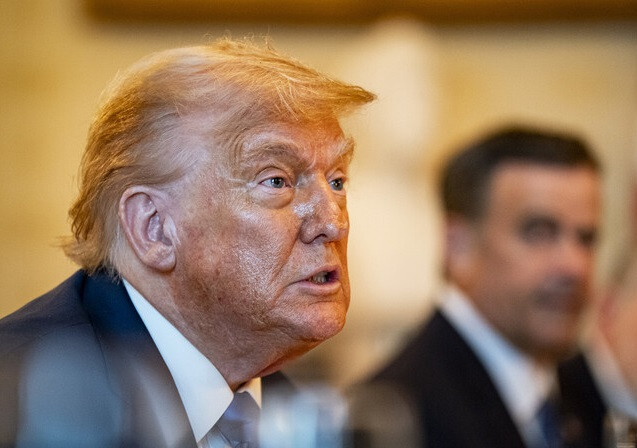
The trade negotiations led by US President Donald Trump have been a hot topic day after day. In particular, the US tariff policy, packaged under the name of "reciprocal tariffs," has drawn much criticism due to the discrepancy between its name and its actual content. The original meaning of reciprocal tariff is for one country to impose a tariff at the same level as the tariff imposed by a trading partner in retaliation. This has been recognized as a rational mechanism that seeks to balance and fair trade.
However, the "reciprocal tariffs" put forward by the Trump administration are far from their original meaning. They point to the high tariffs that certain countries impose on American goods and threaten to impose corresponding tariffs. But these claims often culminate in one-sided calculations and pressure. In the negotiation process, they demand more concessions from the other country and threaten to impose even higher tariffs if the demands are not met. This is far from the spirit of "reciprocity," which is premised on mutual respect and agreement. In essence, it is an act closer to a "unilateral tariff," where the other party's position is ignored and the US's interests are maximized.
Ultimately, the Trump administration's "reciprocal tariffs" cannot avoid criticism for being nothing more than "a fine-looking dogwood flower." This is because while it outwardly advocates for fair trade, its true nature is nothing more than a unilateral means of pressure to make the other party submit for the sake of its own interests. This approach increases uncertainty in the international trade order and can ultimately have a negative impact on the economies of all countries. True reciprocal tariffs should be based on mutual agreement and respect, and should aim for "what is fair for everyone," not "what is advantageous for us."
[Copyright (c) Global Economic Times. All Rights Reserved.]



























